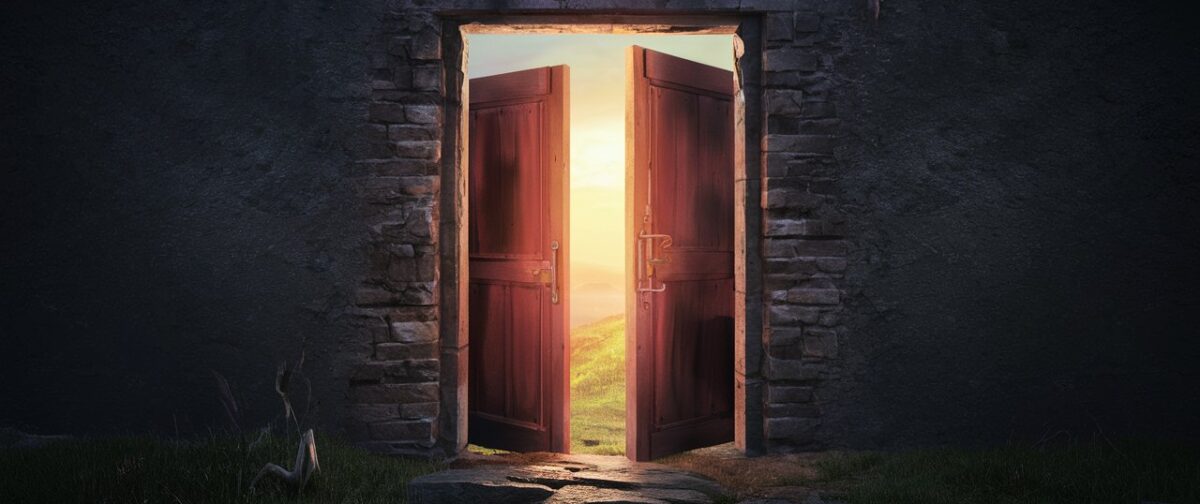
The first time I whitewater-rafted was in a park called Ohiopyle at around 12 years old. Located in southwestern Pennsylvania we rafted along a famous stretch of the Youghiogheny River. My mother, father, brother, and I all shared a raft.
When the first rapids we had no clue what we were doing. Our boat rammed right into something. It knocked my father straight off the raft. I went flying out too, but before I could fall out of the boat, my mom’s body slammed into my legs on the boat, pinning them. Instead, I dangled over the edge, with my legs trapped on the boat and my chest and head hanging over the edge.
This was one of the most interesting experiences of my entire life. I hung there passively with no control over where I went or what I did as the boat careened down the water.
Waves would form around my face, in a circular vortex starting up from my chest and curving my face. They would form a cylindrical corridor like science fiction depictions of the inside of a wormhole. Within, I would marvel at the crystalline-like structures of water all around me.
Then suddenly the wave would collapse. My head hopelessly dunked in the water. My existence precariously converted into a blinding stream of bubbles and gagging as the water pummeled my face, and I thrashed amidst the current.
Then just as suddenly as it ended, another crystalline wave would form. This would go in cycles: the beautiful moments of respite to catch my breath while I marveled at the unique formations around me followed by periods of chaotic pummeling in the water.
It lasted for several minutes until the boat finally concluded its rapids. Then, my mother finally moved from her perch against the edge of the boat, releasing me to drop fully into the now calm water.
When I came back on board, she was not aware that she was pinning my legs against the side of the boat as she had entirely focused on how to navigate the coming waves. My father returned from his swim, and my older brother stayed perfectly safe in the back of the boat the whole time, steering it through the rapids, wondering why everyone else on the boat couldn’t keep their seats. It goes to show you how different people given their personalities and initial positions in life have very different experiences with the same phenomena.
Watching the waves crash above me reminded me how I really have very little control over my life. I am really being taken along for a ride by bigger forces around me outside of my control. At the same time, I still get to see wondrous sites as these entities form and break around me. The glory of life lies in these moments of surrender towards the unique dances the world creates.
At the same time, at least for now, I have been given enough of a break from the chaos of life to catch my breath and survive, to have my needs met in between the moments of serenity and chaos. That has been enough.

